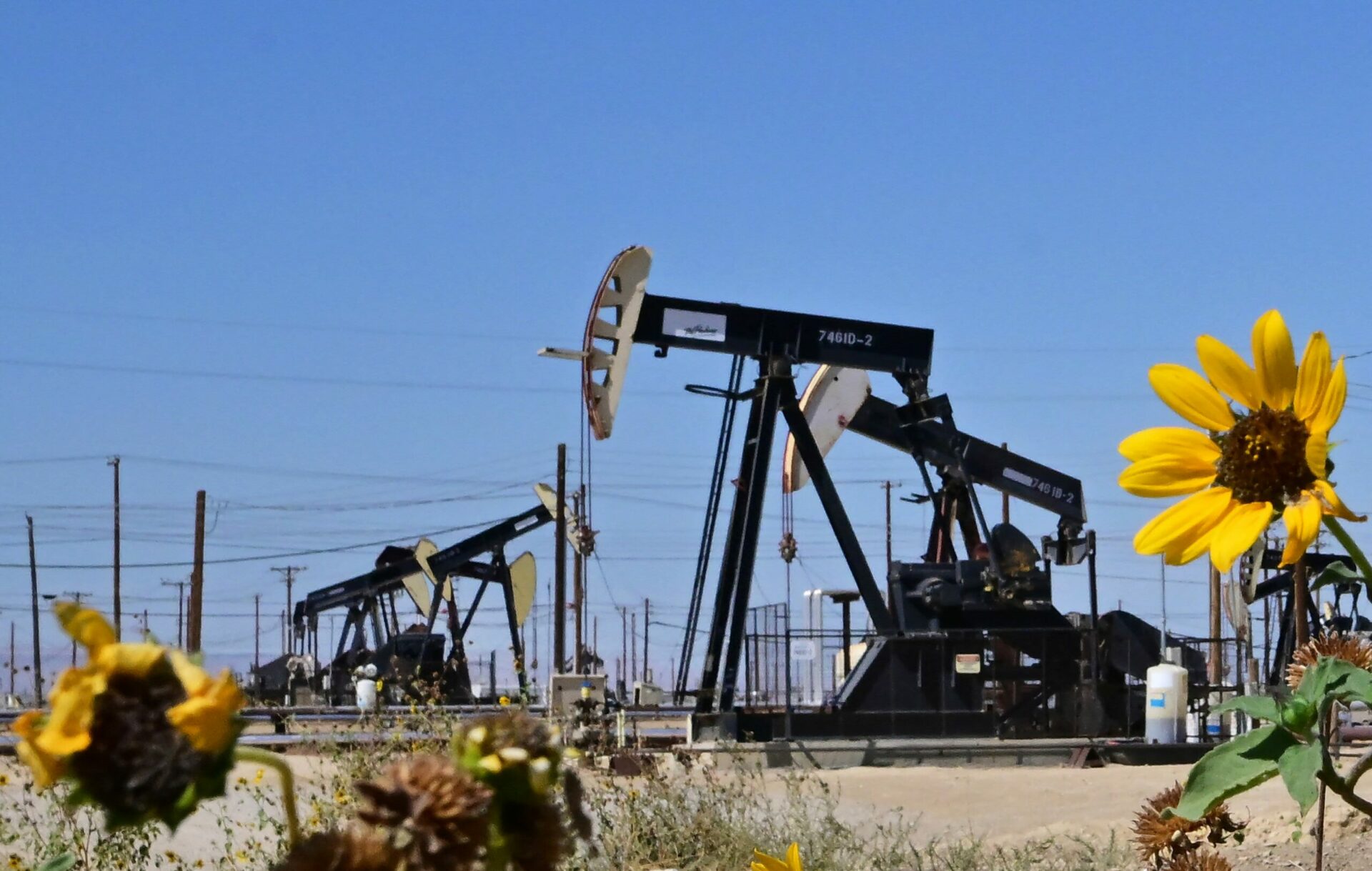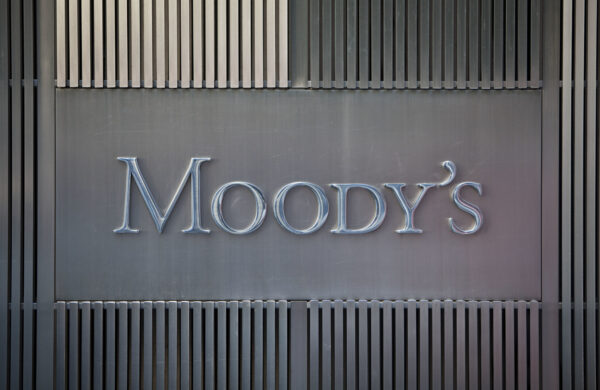WTI higher despite rising inventories

U.S. crude oil futures rose Wednesday despite an unexpected increase in oil and gasoline inventories, which threatened to derail a recent rally.
“Summer driving season is gasoline’s time to shine and drag the rest of the oil patch along for the ride. That is not happening,” Bob Yawger, executive director of energy futures at Mizuho Securities, told clients in a Wednesday note after the inventory data dropped.
Here are Wednesday’s closing energy prices:
West Texas Intermediate August contract: $80.90 per barrel, up 7 cents, or 0.09%. Year to date, U.S. oil has gained about 12.9%.Brent August contract: $85.25 per barrel, up 24 cents, or 0.28%. Year to date, the global benchmark is ahead 10.66%.RBOB Gasoline July contract: $2.54 per gallon, up 1.19%. Year to date, gasoline has gained 21%.Natural Gas July contract: $2.62 per thousand cubic feet, down 4.64%. Year to date, gas is ahead 4.5%.
Crude oil stockpiles rose by 3.6 million barrels last week, according to data released by the Energy Information Administration. Analysts were expecting inventories to fall by 2.9 million barrels, according to a Reuters poll.
However, supplies remain about 2% below the five-year average for this time of year.
Gasoline stockpiles rose by 2.7 million barrels, while analysts were expecting a drawdown of 1 million barrels. Rising crude and fuel inventories signal that demand may still be soft.
West Texas Intermediate crude futures settled 7 cents higher at $80.90 a barrel. The gains mean the U.S. benchmark is up 5% on the month, while Brent has tallied a 4.4% gain in June.
Analysts have been waiting for summer fuel demand to pick up after a soft start to the season. However, prices are gaining support from rising Middle East tensions.
Traders are monitoring the situation on the Israel-Lebanon border. Israel and the Iran-backed militia group Hezbollah have threatened war recently, after trading fire across the border for months. There are fears an Israeli offensive in Lebanon could trigger a direct confrontation with OPEC member Iran, potentially jeopardizing crude oil supplies.
Correction: The metric for the natural gas contract is per thousand cubic feet. An earlier version misstated the measurement.
This article was originally published by a www.cnbc.com
Read it HERE







